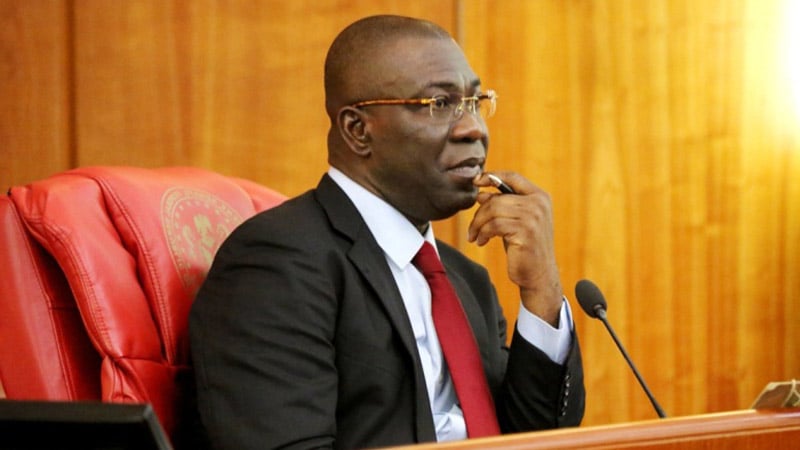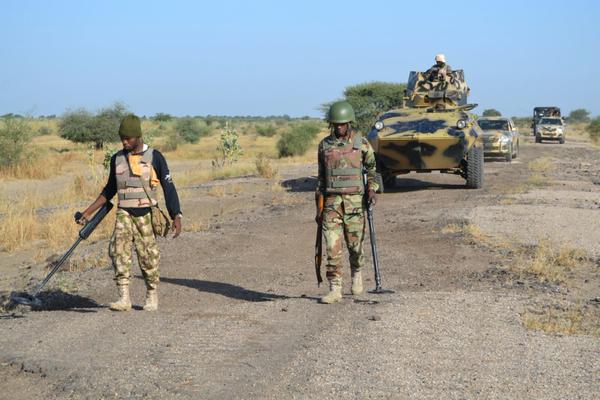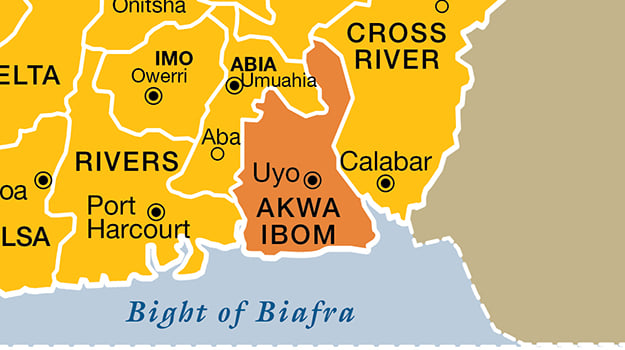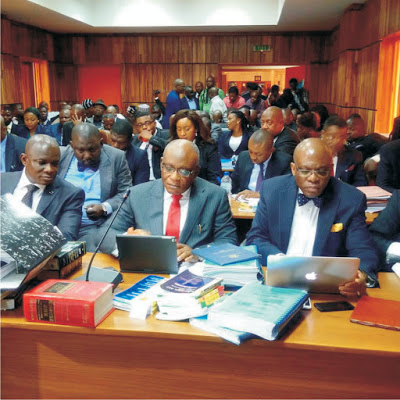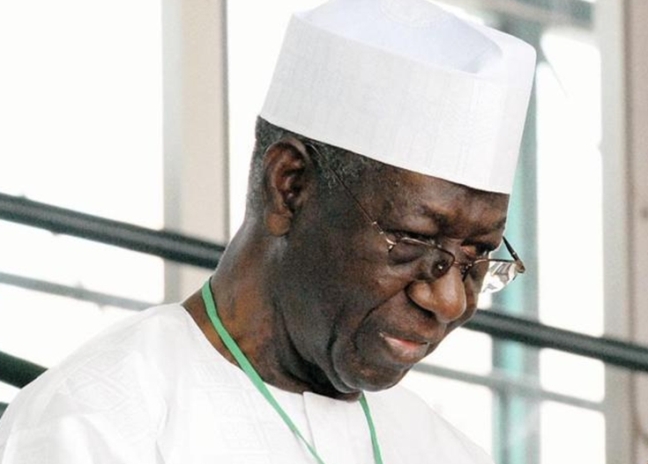Ike Ekweremadu, deputy senate president, on Wednesday recalled how he was kidnapped 17 years ago, saying the experience was not a good one.
Ekeremadu was making his contribution to a report on kidnapping and hostage-taking, at the senate.
“On the September 10, 2000, as chief of staff to the then Enugu governor I was kidnapped and kept for two days. I was released, but no ransom was paid,” he said.
“I think there are categories of kidnappers, those who kidnap to make a statement, and those who kidnap for money, which I believe we are talking about.
Advertisement
“We should discourage kidnapping by refusing to pay ransoms, because from my experience these kidnappers are always in a hurry to get the money and move on.”
Also speaking, Godswill Akpabio, senate minority leader and former governor of Akwa Ibom state, said kidnapping for ransoms started in the southeast of Nigeria, adding that the start of the menace was marked by the abduction of Chris Ngige, former governor of the state.
He added that Niger Delta militants later adopted kidnapping as a means of protest against the government, but not as a way of making money.
Advertisement
“When it (kidnapping) started in the Niger Delta, it was like a protest – not for ransom. When it started in southeast, it was commercialised, most especially in Abia state where people built houses with bunkers under,” he said.
When Bukola Saraki, senate president, asked Akpabio who kidnapped Ngige, the senator from Akwa Ibom state said: “You know better than I do.”
The response spurred the laughter of lawmakers.
Akpabio was also reacting to a statement in the report by Abu Ibrahim, a senator from Katsina south, who chaired the joint committee on police affairs, national security and intelligence, that kidnapping started in the Niger Delta.
Advertisement
The report recommended more funding for security agencies and provision of jobs for the youth as a means of eliminating the scourge.
It also recommended that the senate enact laws to make kidnapping a capital offence.
Add a comment

